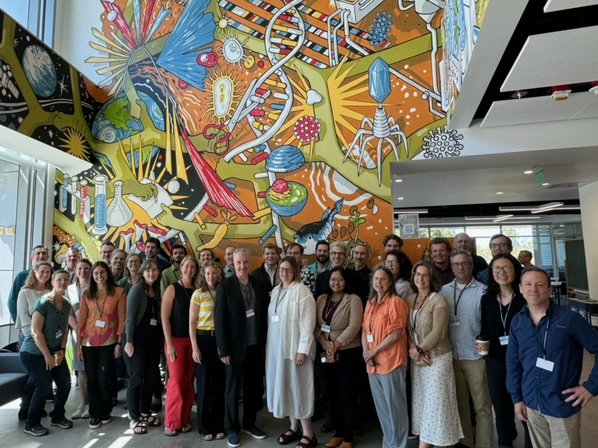Starting a few years ago, researchers can request quantitative SIP analysis as a capability in proposal calls to the DOE Joint Genome Institute. “By offering Stable Isotope Probing as a service at JGI, we’re trying to bring in a lot more people who want to do it but just otherwise couldn’t or wouldn’t,” said Rex Malmstrom, leader of the Microscale Applications group at the JGI, whose team uses a semi-automated, standardized process to carry out the onerous SIP sample processing.
Generating these datasets opens up the possibility of new insights across ecosystems and research teams. As machine learning and AI promise new ways of harnessing large datasets, JGI researchers and users are looking for ways of making these experiments more repeatable and reproducible. Essentially, the aim is to ensure these experiments create data aligned with FAIR principles (Findability, Accessibility, Interoperability, and Reusability) for data reuse.
In the last year, JGI’s user community has helped propel multiple efforts along these lines, all with the goals of better data reporting, improved collaboration, and more comparable analysis. One approach involved JGI users, KBase User Engagement Lead Elisha Wood-Charlson, and researchers from Pacific Northwest National Laboratory, Northern Arizona University, Argonne National Laboratory and the JGI. The team have now published a Minimum Information for any Stable Isotope Probing Sequence (MISIP). In a separate effort, Malmstrom and JGI Metagenome Program head Emiley Eloe-Fadrosh were part of an organizing committee that hosted JGI users and collaborators for a SIP-focused workshop at the JGI in the fall of 2024. Learn more here on the JGI website.




